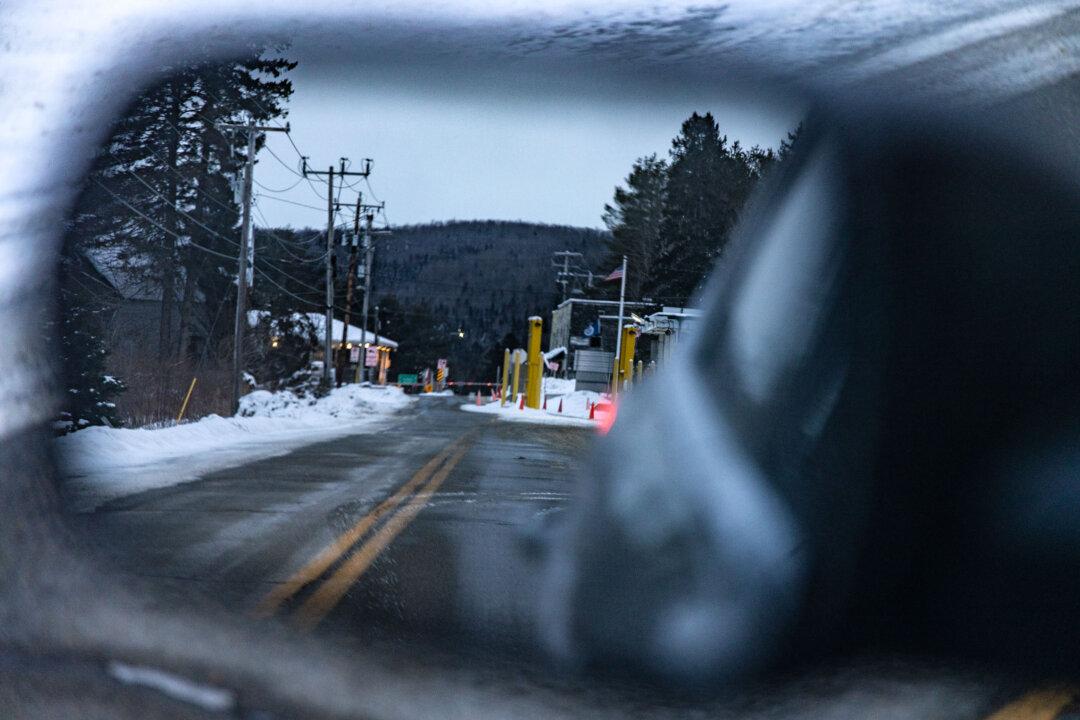For the first time, Canada’s intelligence agency is briefing individual parliamentarians who could be targeted by the clandestine influence operations conducted by China and other authoritarian regimes.
“CSIS actively investigates threats that are carried out in a clandestine or deceptive manner or involve a threat to any person,” Townsend said regarding the briefings.
“CSIS delivers these briefings in order to promote awareness of foreign interference and the actions of other hostile actors and to strengthen individual security practices and protect Canadians and their interests.”
Townsend did not reveal who CSIS has briefed, though the Globe reported MPs and senators from all major parties were being contacted.
NDP MP Jenny Kwan, who has been vocal about Beijing’s crackdown on the pro-democracy movement in Hong Kong, told the Globe she was approached by the agency before and after the 2021 federal election. She said the principal threat mentioned in her conversation with the agency was China.
Methods of Influence
In a July 2021 report titled “Foreign Interference Threats to Canada’s Democratic Process,” CSIS noted the agency has observed “steady, and in some cases increasing, foreign interference” by state actors targeting Canada.“In many cases, clandestine influence operations are meant to deceptively influence Government of Canada policies, officials or democratic processes in support of foreign political agendas,” the report says.
“This activity can include cultivating influential people to sway decision-making, spreading disinformation on social media, and seeking to covertly influence the outcome of elections. These threats can target all levels of government (federal, provincial, municipal) across Canada.”
“Though the effects of espionage and foreign interference are not as readily apparent as those of terrorism, they are the most significant long-term threats to Canada’s sovereignty and prosperity,” the report says.
“The [COVID-19] pandemic, meanwhile, has provided a new impetus for foreign states to conduct espionage activities against the Canadian health sector and Canadian organizations working in science and technology.”
The report notes the Chinese regime also heavily targets media in Canada in its influence operations, including efforts to “harmonize” international Chinese-language media with its own state-run media.
The report said while China traditionally took a “defensive approach” to foreign media through domestic censorship and by expelling critical foreign journalists, it has recently added a more assertive approach to try reshape the global information environment with “massive infusions of money,” such as providing advertorial funding and sponsorship.
“While within China the press is increasingly tightly controlled, abroad Beijing has sought to exploit the vulnerabilities of the free press to its advantage,” the report says.
In Canada, there are roughly 650 publications and 120 radio and television programs in languages other than French and English, many of which are “heavily influenced and manipulated, either wittingly or unwittingly, by foreign states,” the committee said.
International organizations, such as the United Nations, are also targets of foreign interference activities conducted by China. Beijing is the second-largest contributor to the UN peacekeeping budget and the third-largest contributor to the UN regular budget.
“Beijing has stepped up efforts to reshape international discourse around human rights, especially within the UN system,” the NSICOP report says.
“Beijing has sought not only to block criticism of its own system but also to erode norms, such as the notion that the international community has a legitimate role in scrutinizing other countries’ behavior on human rights … and to advance narrow definitions of human rights based on economic standards.”





